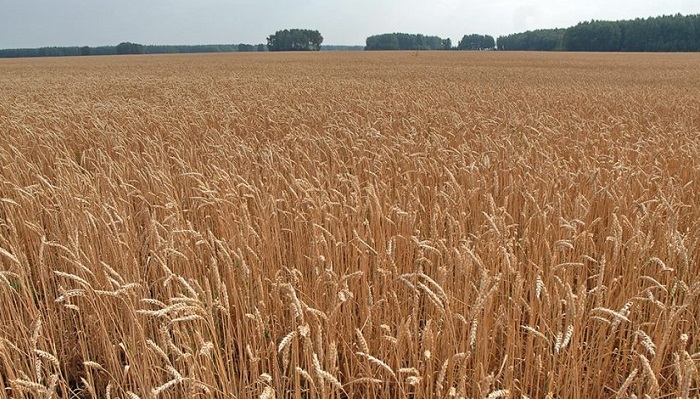While organic products are becoming more popular in the world, the demand for eco-products in the domestic market of Kazakhstan is not growing at the fastest pace. The reason is the lack of clear criteria for accreditation, own processing, and business interest. In a conversation with a reporter “Капитал.kz” Aslan Zhanatkhanuly, a leading specialist of the Department of development and project management of national accreditation center LLP, told about the situation in the domestic organic production and how companies in this sector interact with the foreign community.
Organic production as an industry in Kazakhstan appeared a long time ago, it is difficult to even say when the first farmer received a certificate of conformity, Aslan Zhanatkhanuly noted at the beginning of the conversation.
“In Kazakhstan, the production of organic products arose because the demand in the European market exceeded the supply, and many traders of eco-products began to look for new markets for purchasing organic products, so that they can then sell them. However, this industry is still at the initial stage of development. Plus, there is a tendency to reduce the area devoted to organic production,” he said.
According to the report of FIBL&IFOAM, from 2015 to 2020, the number of land allocated for these purposes in Kazakhstan decreased from 291.2 thousand hectares to 192 thousand hectares, i.e. the country ranks 29th in the world.
“This decrease is influenced by many factors. The main one is logistics costs for export. It is not always profitable for farmers to sell their products even at a margin of more than 40% to Europe, since all this profit will be deposited in logistics costs. Here traders come to the rescue, but they buy below the market price, which is not very good for the farmer. Today, there are about 60 producers and 7 traders of organic products in Kazakhstan. This pool of farmers sends all their products for export. A master list of their products – wheat, oilseeds, organic soybeans, oil cake oilseeds,” said Aslan Jonathanjoly.
According to the National accreditation center, in 2019 Kazakhstan took the 9th place in the export of organic products to the EU, increasing supplies to 85,675 tons, although in 2018 exports amounted to 50,250 tons. At the same time, Kazakhstan ranks 6th in Asia in terms of the total area of organically certified land, but in the future it may take third place in Asia after China (3,135,000 ha) and India (1,938,221 ha).
“Despite the export indicators, the domestic market is not only not ready to buy organic products, but also is not aware of them to the extent that it is possible to establish a supply chain. But this does not mean that you can not find “organic”on the shelves. Products on the market have a long shelf life, such as certain types of cosmetics and baby food. There are even several eco-shops that sell organic products that are 30-40% more expensive than regular products. This is a deterrent, no one will buy products at European prices without having the appropriate income,” our source stated.
A successful solution would be to develop internal certification, he added. But it is not developed in the country yet, as a farmer who has an international certificate does not see the point in getting a Kazakh one, since his goal is to export, and not sell his goods at the price of ordinary products.
Another problem of the domestic market is the lack of processing of organic products. For example, the most popular organic product among Ukrainians is milk, last year they spent 320 million hryvnias on it, Aslan Zhanatkhanuly continued.
“Cereals and flour are also in the top three, according to the study of the organic market of Ukraine. And the last thing is that the international certificate issued to Kazakh farmers who plan to export their products is not recognized in our country, and in fact it is not organic products. But farmers don’t always export all their products. Sometimes the demand is not the same, or the price is not satisfied, and then again the question arises about the recognition and lack of processing of organic products. Then the farmer is forced to sell their products, grown according to all standards of organic production, as usual,” he said.
Our interlocutor is sure that domestic eco-products are not in great demand today due to the lack of applications for Kazakhstan certification, as well as real interest from business.
“For the development of the organic industry in Kazakhstan, it is necessary to carry out a whole range of measures. The main task of the government in the coming years will be the process of harmonization of national standards with the standards of exporting countries. One of the drivers of this process will be the accreditation of the Kazakhstan certification body in the exporting country. This will reduce the cost of certification for our farmer, which leads to a reduction in the cost of Kazakhstan’s organic products, and consequently, increase its competitiveness in the Western market. All these activities will mark the beginning of a growth in interest from business to organic production”, – said Aslan Jonathanjoly.
“In addition, it is necessary to create an export-oriented trade and processing cooperative (or a system of cooperatives) that unites several regional producers. This will allow us to produce organic products and move away from the concept of a raw material supplier,” he concluded.
Source: www.kapital.kz

